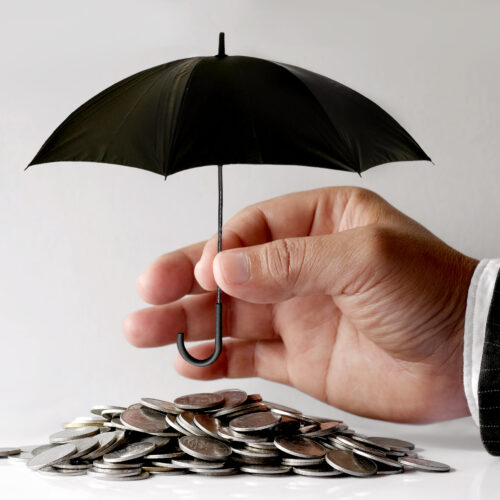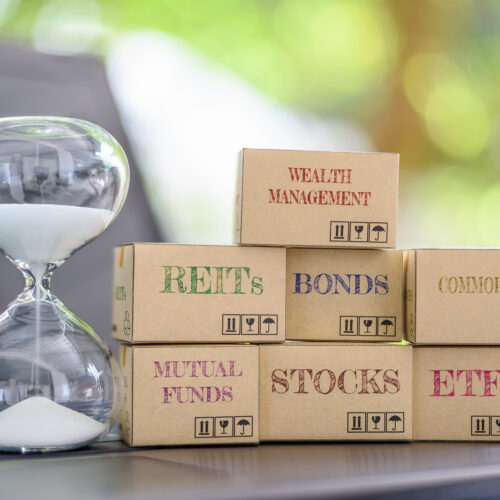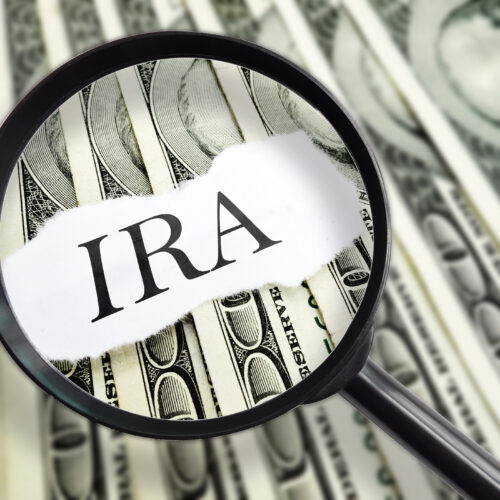Investing can start at any age, and starting when you are younger help you achieve your goals, and setting these 3 investment goals in your 30s will help you plan for a better tomorrow.
- Develop an Emergency Fund
- Set up Retirement Goals
- Plan for Big, Upcoming Purchases
Adulting your finances in your 30s is getting real; especially, since your income has significantly increased since your first job. You may start looking into investing, or starting your own business. Your access to different financial accounts gives you opportunities your younger self didn’t. Life starts changing. Decisions pile up, which is why it even becomes more imperative to create a plan and review it regularly. Having that in place is great, but life doesn’t also go as planned. When those events happen (because they do), having an emergency fund to draw from will prevent you from needing to access your long-term investments.
Ideally, an emergency fund should cover all your basic expenses for about 3-6 months — if you are able to reserve more than that, it will help you manage any risks of affecting your investment goals. Consider putting that reserve amount in a high-interest savings account, or a very low-risk investment account, and make sure you can access the money with ease. Fees and limiting amounts for withdrawals should be kept to a minimum. Here’s a helpful formula to know how much to set in your emergency fund reserve.
Monthly Expenses (x) Average Months for New Employment (=) Emergency Fund Reserve
No one wants to work forever. Well, maybe a few people do. Retirement looks different for everyone; some want to travel, some want to stay close to family. Some may even choose to pick up a hobby and make a small business out of it. Regardless, planning starts now. The sooner you begin, the sooner you take advantage of compounding interest.
But, retirement goals are not something you set and forget; they should be reevaluated regularly to make sure you are still on track. A few things you’ll want to consider include using the right type of retirement accounts, household expenses, tax rate, and any passive income you’ll be entitled to.
Finally, there are a few major purchases that happen in your 30s; those tend to be buying a home, getting married, vacations, and college expenses. These expenses are just part of life; planning for them will help you to stay out of debt as you invest for your future.
One last point to consider… Start Now! Procrastination is a killer.






